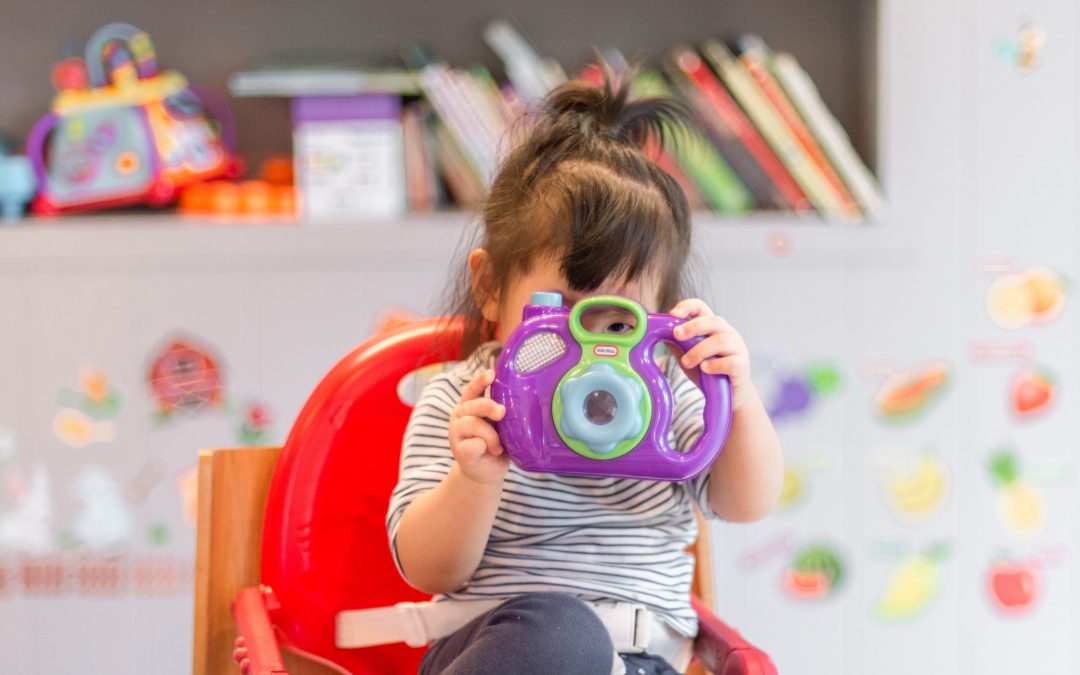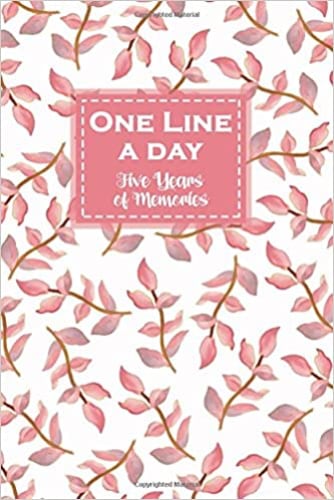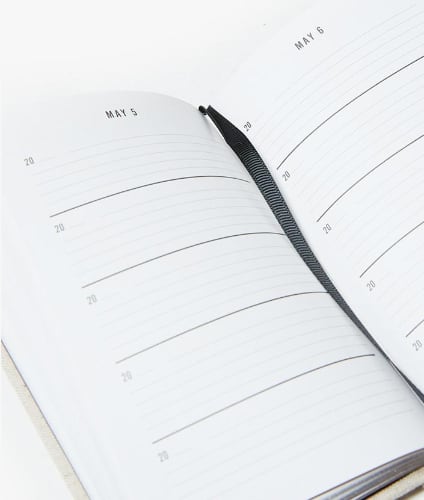
Help Your Children Learn to Love Summer Reading
As schools are letting out for summer, your kids will probably want to take a short mental/emotional break from learning. So do your best to respect their needs. But please take advantage of any summer reading programs available to you. These have built-in rewards your children will love to earn. All you have to do is help them keep track of time spent reading and/or information about the books they read. In addition, there are other activities you can do on your own to motivate your children in their reading efforts.
Barnes & Noble
If you live near a Barnes & Noble and you have children between first and sixth grade, they qualify to earn a free book! All that’s required is the title, author, and your children’s favorite part of eight books read over the summer. Here is the link to the journal to print out and the list of books you may choose from, divided into age-appropriate groups. After your kids have completed their reading, bring the journal to the bookstore for a fun outing. Plan to stay a while. Allow your children the chance to browse and read. Make note of the titles they want to find at the library. Just remember they are going to want to buy stuff, too! Telling them ahead of time how much they can spend will cut down on the negotiations (or fits) when it comes time to check out.

Public Library
Most libraries offer a summer reading challenge. Our local library presents you with a free book after logging 10 hours of reading. After 100 hours, you receive a t-shirt. While this can be a bit harder to track for each of your children, there is no age limitation. So have your older kids read to the younger ones and that time will count for everyone. If you have a child who forgets to log his minutes, don’t fret. Just wait until she is done with the book, then record how long it takes her to read one page. Multiply that time by the total number of pages, and then you will have your data to log.
Plan regular visits to the library so your children have lots of material to digest. Consider selecting one day to attend each week. This will give them something to look forward to and a good reason to get through the books they bring home. If you are uncertain about what to look for, refer to a librarian or back to the post Fanning Their Flames. And if you aren’t sure where your closest library is located, check this website.
Chuck E. Cheese
When your children read every day for two weeks, they can earn 10 free play points at Chuck E. Cheese with any food purchase. Here is their rewards calendar to help you keep track of reading. The fine print specifies that it is good for one offer per child, per day. The good news is that these rewards aren’t limited to just reading. If you have a little one who lost a tooth, is potty training, working on behavior, or any other goal you can think of, they can also earn 10 free play points. Take advantage of these incentives to help your child grow and progress during the summer months.
Reading Outings
On your way home from the library or after running errands, stop by a new scenic spot to spend some quiet time with a book. Let your kids know you will be setting a timer for (fill in the blank) minutes. Having a set end time will keep them from losing interest and will make it easier for everyone to fill in their reading logs. Bring a folding chair or blanket and a snack for everyone. And don’t forget a hat or sunglasses to make it easier on their little eyes! These outings will help make summer reading enjoyable and exciting for each of you.
Create Your Own Family Competition
Go purchase an affordable item you know each of your kids would love to have. Set it on top of the fridge where everyone can see it. Tell them the prize will go to the first person who reads (fill in the blank) hours. If this is achieved quickly enough, go get another prize for round two! If your kids aren’t motivated by competition or you’re concerned about hurt feelings when someone doesn’t earn their heart’s desire, make it a family goal instead. If your entire family reads (fill in the blank) hours by the end of the summer, everyone will receive the prize!
Make sure not to overschedule your summer with activities and events. Your children will need some downtime to invest in their reading. With just a little bit of planning and encouragement, your summer can become a hotbed of pleasure reading. I invite you to take some time to discuss with your children which programs they would like to try. And whenever possible, put down that device and join in on the fun!
Have you had any success with these programs in the past? Which one are you most looking forward to trying this summer? Please share with us your reading experiences!






















Recent Comments